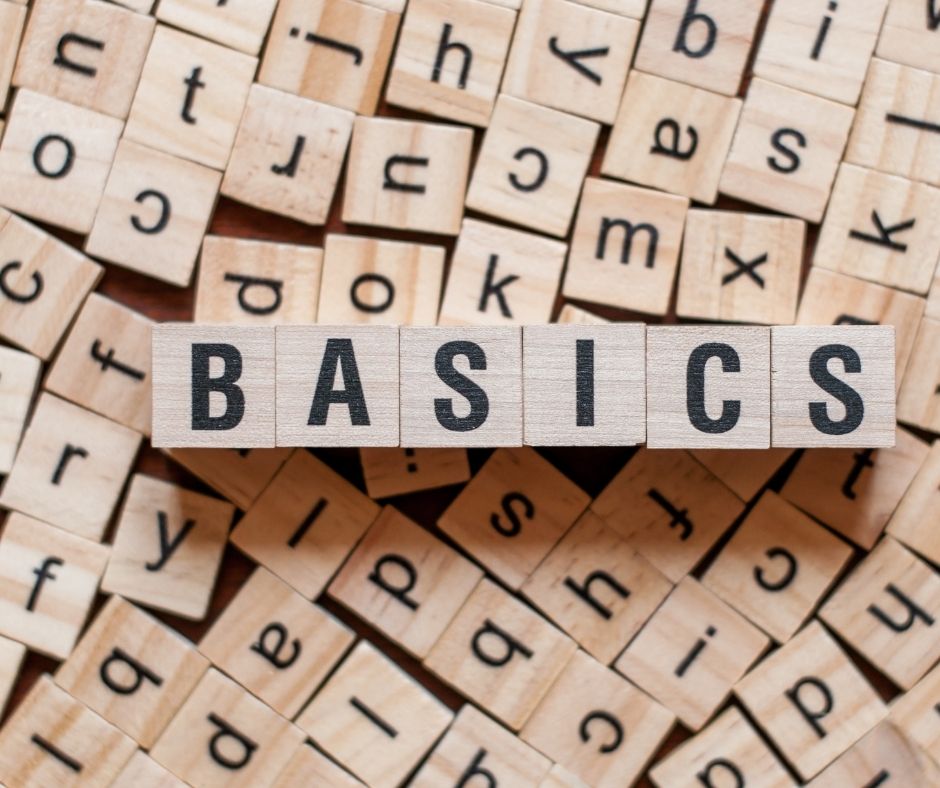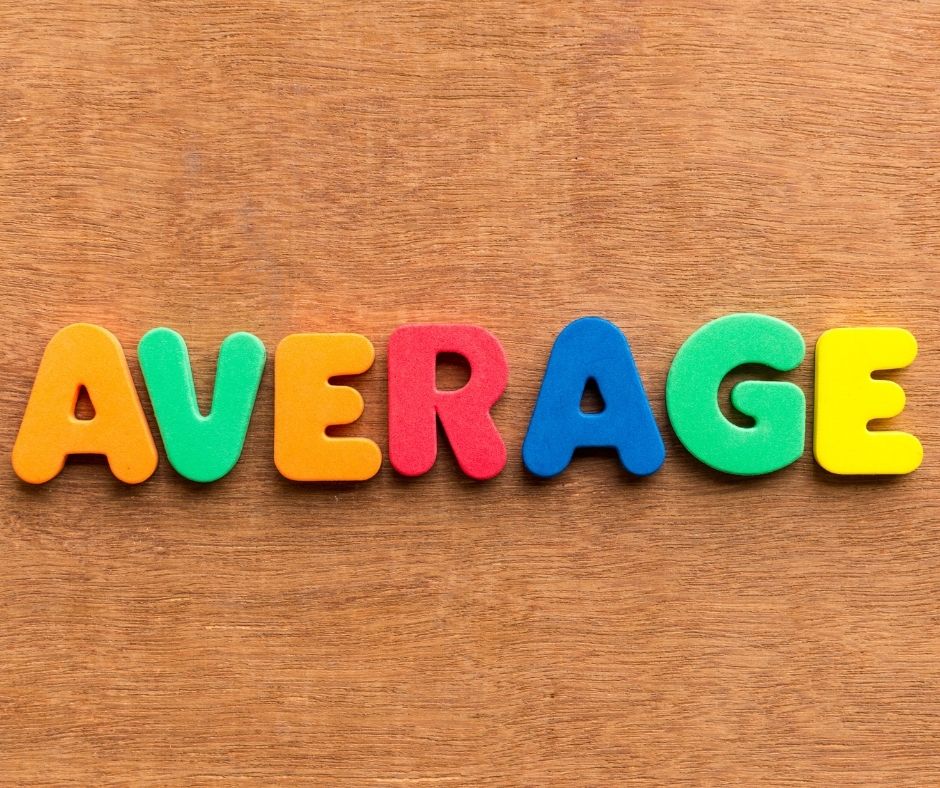whole life insurance
Life insurance is meant to provide financial protection to those left behind after the death of the policyholder. It can be used for anything from paying off a mortgage or college tuition to covering final expenses like burial costs. There are two common types of life insurance - term and permanent - each having its features and benefits. Term life policies are relatively inexpensive, offer coverage for a set period, such as 10 or 20 years, and often contain riders that provide additional coverage for specific events, such as disability or critical illness. Permanent life policies are more expensive but offer lifelong coverage, meaning the policy will remain in effect until it's fully paid out upon your passing (provided all premiums are up to date). It may also have an investment component where accumulated cash value is tax-deferred.
In either case, life insurance is a simple yet effective way to manage an individual's financial future, providing both a death benefit for beneficiaries and extra funds that may be used elsewhere before committing to a policy, shopping around and comparing rates from different insurers to ensure the most affordable and comprehensive coverage possible. Furthermore, it's wise for all applicants to keep their medical records up-to-date, as this information can impact the premiums they will pay. With the proper knowledge, life insurance can provide peace of mind and financial security in times of need.



